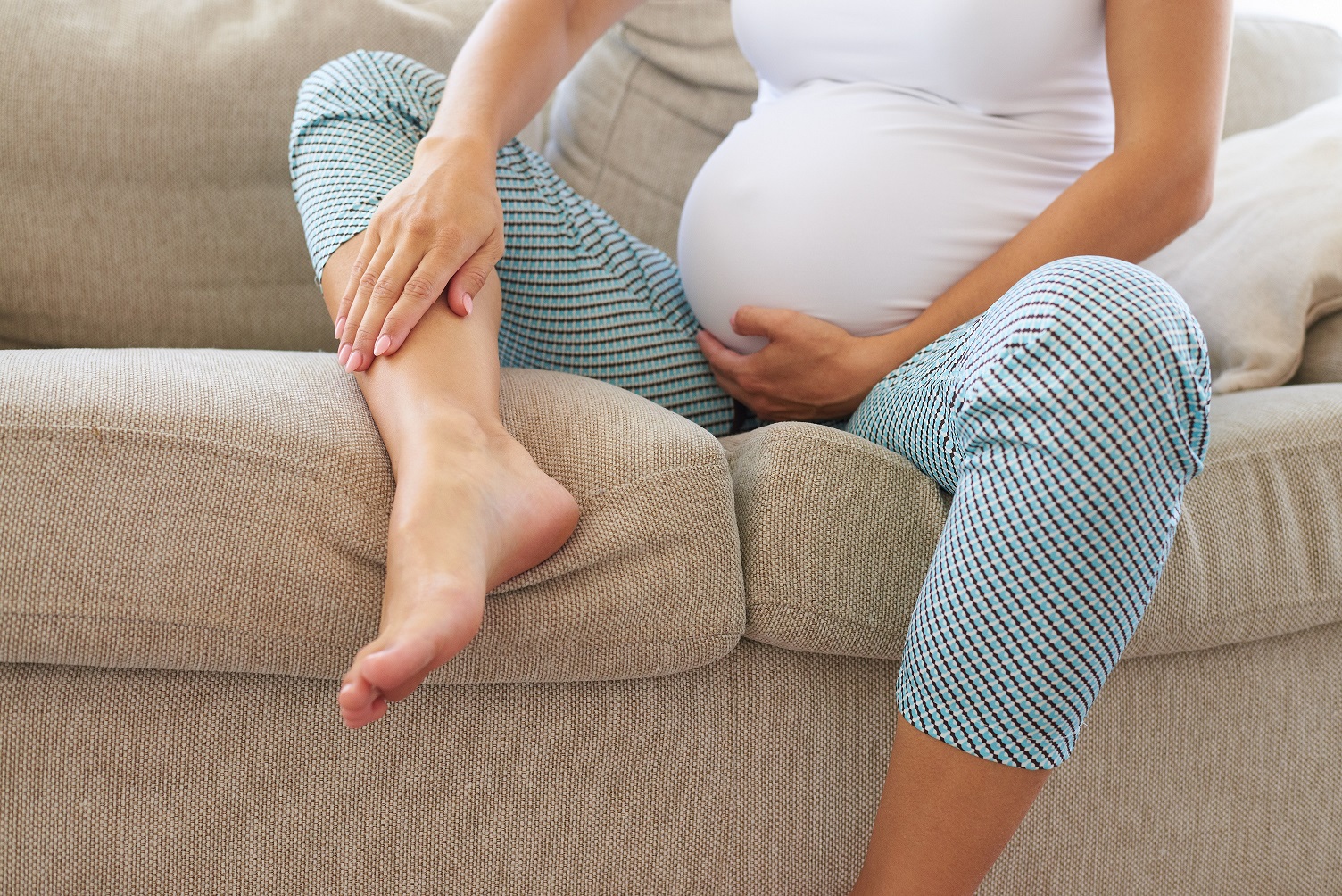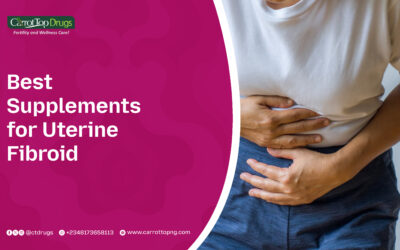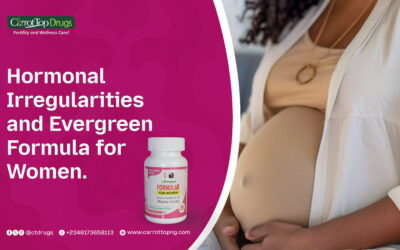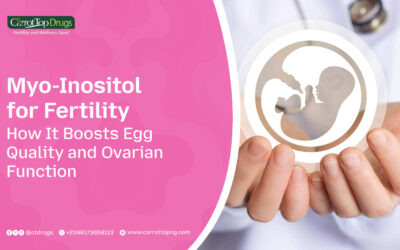Swelling During Pregnancy: Understanding and Managing Edema
Introduction
Swelling during pregnancy, also known as edema, is a common condition experienced by many women. It typically manifests as swelling in the feet, ankles, hands, and face, resulting from the body’s increased fluid retention. This condition, while often harmless, can be uncomfortable and may sometimes signal underlying health issues that need attention.
Statistics of Women Who Experience Swelling During Pregnancy
Swelling during pregnancy affects a significant proportion of pregnant women globally. According to a study published by Davidson, about 80% of pregnant women experience some form of edema, with varying degrees of severity. In Nigeria, where the prevalence of hypertensive disorders in pregnancy is relatively high, the incidence of swelling during pregnancy is also notable.
Reasons for Body Swelling During Pregnancy
Swelling during pregnancy occurs due to a combination of physiological changes that are essential for supporting both the mother and the developing fetus. Here are the primary reasons:
1. Increased Blood Volume and Fluid Retention
During pregnancy, the body increases blood volume by about 50% to meet the needs of the growing fetus. This increased blood volume also results in more fluid accumulation in the body’s tissues, leading to pregnancy-related edema .
2. Hormonal Changes
Pregnancy triggers significant hormonal changes, particularly an increase in progesterone. Progesterone causes the walls of the blood vessels to relax, which can lead to fluid leakage into the surrounding tissues, contributing to swelling during pregnancy.
3. Pressure on Blood Vessels
As the uterus expands, it exerts pressure on the veins in the lower body, especially the inferior vena cava. This pressure slows the return of blood from the legs to the heart, causing blood to pool and leading to pregnancy-related swelling, particularly in the feet and ankles.
4. Reduced Physical Activity
Many women reduce their physical activity levels as pregnancy progresses, especially in the third trimester. This reduced activity can decrease circulation and lead to fluid buildup in the lower extremities, exacerbating pregnancy-related body swelling.
5. Dietary Factors
High sodium intake can contribute to water retention and swelling during pregnancy. Pregnant women who consume a diet high in processed foods and salt may experience more pronounced edema .
6. Weather Conditions
Hot and humid weather can also exacerbate swelling during pregnancy. The body tends to retain more fluid in warm climates, which can intensify symptoms of edema.
Risk Factors for Swelling During Pregnancy
While swelling during pregnancy is common, certain factors can increase a woman’s risk of experiencing more severe or problematic edema. These risk factors include:
1. Multiple Pregnancies
Women carrying twins or multiples are at a higher risk of experiencing pregnancy-related body swelling. The increased weight and blood volume associated with multiple pregnancies put additional strain on the circulatory system, leading to more significant fluid retention.
2. Pre-existing Hypertension
Women with pre-existing hypertension or those who develop pregnancy-induced hypertension are more likely to experience swelling during pregnancy. High blood pressure can affect circulation and fluid balance, contributing to edema .
3. Preeclampsia
Preeclampsia is a pregnancy complication characterized by high blood pressure and signs of damage to other organ systems, often including the kidneys. Pregnancy-related body swelling is a common symptom of preeclampsia and requires immediate medical attention.
4. Obesity
Obesity is a significant risk factor for swelling during pregnancy. Excess body weight increases the strain on the circulatory system and can lead to poor circulation, which in turn exacerbates fluid retention and swelling.
5. Sedentary Lifestyle
A lack of physical activity can slow circulation and increase the likelihood of pregnancy-related swelling. Women who do not engage in regular exercise may find themselves more prone to edema.
6. Dietary Habits
Diets high in salt and low in potassium can contribute to pregnancy-related body swelling. Salt encourages water retention, while potassium helps balance fluids in the body.
7. Hot Weather
Living in or traveling to hot climates during pregnancy can increase the risk of swelling. The body retains more fluid in hot weather, and the heat can cause blood vessels to expand, leading to edema.
How to Minimize Swelling During Pregnancy
While it may not be possible to completely prevent swelling during pregnancy, there are several strategies that can help minimize its severity and improve comfort:
1. Maintain a Healthy Diet
Eating a balanced diet rich in fruits, vegetables, and whole grains can help manage fluid balance in the body. Reducing salt intake is particularly important, as too much sodium can worsen edema in pregnancy. Additionally, consuming foods rich in potassium, such as bananas and sweet potatoes, can help counteract the effects of sodium. To ensure this, we recommend Evergreen Natal Care that helps to provide all the necessary nutrients for women during pregnancy.
2. Stay Hydrated
Drinking plenty of water may seem counterintuitive, but staying well-hydrated can actually reduce edema during pregnancy. Proper hydration helps flush excess sodium and fluids from the body, preventing fluid retention.
3. Engage in Regular Physical Activity
Regular exercise, such as walking, swimming, or prenatal yoga, can improve circulation and reduce edema during pregnancy. Exercise encourages the movement of fluid from the extremities back into the bloodstream, where it can be excreted by the kidneys.
4. Elevate Your Legs
Elevating the legs above heart level can help reduce swelling during pregnancy, especially in the feet and ankles. This position encourages blood flow back to the heart and reduces fluid buildup in the lower extremities.
5. Wear Compression Stockings
Compression stockings can provide relief from edema in pregnancy by promoting better circulation. These specially designed stockings apply gentle pressure to the legs, preventing blood from pooling and reducing the risk of edema.
6. Avoid Prolonged Standing or Sitting
Sitting or standing for long periods can worsen swelling during pregnancy. It’s important to take breaks, move around, and change positions frequently to encourage blood flow and prevent fluid from accumulating in the legs and feet.
7. Monitor Your Weight Gain
Gaining weight too rapidly during pregnancy can contribute to swelling. It’s essential to follow your healthcare provider’s recommendations for healthy weight gain, which can help minimize the risk of excessive fluid retention.
8. Avoid Heat and Humidity
Staying cool and avoiding hot, humid environments can help reduce swelling during pregnancy. If you must be outside in the heat, wear loose, breathable clothing, and try to stay in the shade or air-conditioned spaces as much as possible.
Conclusion
Swelling during pregnancy is a common and often uncomfortable symptom that many women experience. While it is usually a normal part of pregnancy, understanding the reasons behind it and the risk factors can help expectant mothers manage or prevent severe swelling. By maintaining a healthy diet, staying active, and following other preventive measures, most women can reduce the impact of swelling during pregnancy and enjoy a more comfortable pregnancy experience. However, if swelling is accompanied by other symptoms such as high blood pressure or severe headaches, it is essential to seek medical attention promptly to rule out conditions like preeclampsia.
FAQs
- What causes swelling during pregnancy?
Swelling during pregnancy is primarily caused by increased blood volume, hormonal changes, and pressure on blood vessels.
- Is swelling during pregnancy normal?
Yes, mild swelling during pregnancy is normal and common, especially in the feet and ankles.
- When should I be concerned about swelling during pregnancy?
If swelling is sudden, severe, or accompanied by symptoms like high blood pressure or headaches, seek medical attention as it may indicate preeclampsia.
- Can diet help reduce swelling during pregnancy?
Yes, reducing salt intake and eating a balanced diet rich in potassium can help manage swelling during pregnancy.
- How can I relieve swelling during pregnancy?
Elevating your legs, staying hydrated, wearing compression stockings, and engaging in regular exercise can help relieve swelling.
- Does hot weather make swelling during pregnancy worse?
Yes, hot and humid weather can exacerbate swelling during pregnancy.
- Can compression stockings prevent swelling during pregnancy?
Compression stockings can help prevent and relieve swelling by improving circulation in the legs.

















